Leaving food out for the hedgehogs in your garden is a lovely gesture, but some of the foods we think are helpful can actually be a bit harmful. Feeding hedgehogs the right food helps them stay healthy, supports their natural behaviours, and boosts their chances of surviving in the wild, especially with declining hedgehog populations in the UK. In this guide we’ll walk you through what's safe to leave out and what to avoid, so you can keep your spiky visitors happy, healthy and coming back for more.
What do hedgehogs eat?
So, what do hedgehogs eat, and what’s the best food to leave out for them? The ideal hedgehog food is high in protein, low in fat, and contains a healthy calcium-to-phosphorus ratio to help prevent serious conditions like Metabolic Bone Disease (MBD). Avoid anything sugary, salty, or containing dairy, wheat, or artificial additives.
Best food for hedgehogs:
-
Specialist hedgehog biscuits or wet food
-
Meat-based cat or dog food (high quality, chicken or turkey is best)
-
Small pieces of cooked low-fat meat like chicken breast (no more than a teaspoon per day)
These foods closely mimic what hedgehogs would eat in the wild and provide them with the nutrition they need to stay healthy.
What not to feed hedgehogs
Hedgehogs need a balanced diet with a calcium to phosphorus ratio between 1:1 and 2:1. Foods outside this range can lead to serious health problems like Metabolic Bone Disease.
Avoid giving mealworms, sunflower hearts, peanuts, crickets, and beetles. These all have poor calcium/phosphorus ratios and can become addictive, leading hedgehogs to ignore healthier options.
Dairy products such as milk and cheese should also be avoided. Hedgehogs are lactose intolerant, and consuming dairy can cause diarrhoea and illness. Similarly, avoid sweet treats like raisins, sultanas, and dried berries, which can lead to tooth decay and digestive issues due to their high sugar content. By steering clear of these foods, you’ll help hedgehogs stay healthier and live longer.
Here’s a handy table so you can quickly check what to include and what to avoid on a hedgehog’s menu:
|
Foods hedgehogs can eat |
Foods hedgehogs should not eat |
|
Specialist hedgehog food |
Mealworms |
|
Meat-based cat or dog food |
Sunflower hearts |
|
Small pieces of cooked chicken or turkey |
Peanuts |
|
Cooked eggs (in moderation) |
Crickets |
|
Meal replacement milk for hoglets |
Beetles |
|
Daily fresh water in a shallow bowl |
Milk |
|
Cheese |
|
|
Bread |
|
|
Raisins, sultanas, currants, dried berries |
|
|
Fish or fish-based pet food |
|
|
Fruit and vegetables (too sugary or starchy) |
|
|
Processed meats (e.g. bacon, ham, corned beef) |
|
|
Red meat or fatty meats |
Feeding guidelines for garden hedgehogs
Each evening, try to leave out a small handful of food per hedgehog in a shallow dish. This should be placed somewhere quiet and sheltered, ideally in a dedicated hedgehog feeding station. Not only does this keep the food dry and protected from the elements, but it also helps deter larger animals and pests from stealing it.
Alongside food, always provide a shallow bowl of clean, fresh water, especially during periods of hot or freezing weather when natural water sources may be scarce. Wet food should be removed the following morning to prevent it from spoiling or attracting unwanted visitors. Keeping the feeding area clean and hygienic is just as important as offering the right food, ensuring your spiky visitors stay healthy and safe.
Why is it important to care for hedgehogs?
Natural habitats across the UK are disappearing at an alarming rate. Since 2000, native species like hedgehogs, red squirrels, skylarks, bees, and wildcats have seen population declines of 30–75%, according to the National Biodiversity Network (NBN). One major cause is the loss of 90% of Britain’s meadows, leaving wildlife homeless and hungry.
For hedgehogs, this loss means fewer safe places to nest and far less natural food. As a result, many are now venturing into parks and gardens, travelling several kilometres each night in search of shelter and nourishment. But living closer to humans brings new dangers, from lawnmowers and rakes to the ever-present risk of busy roads.
On top of that, insect populations are falling too, which is another blow to the hedgehog’s natural diet. That’s why the food and shelter we provide in our gardens is more important than ever. But while it’s great to help, offering the wrong food can be just as harmful as not feeding them at all. A little knowledge goes a long way in helping our prickly garden visitors survive and thrive.
Metabolic bone disease in hedgehogs
Metabolic bone disease (MBD) is already a familiar issue within aviary, bird, and reptile communities.
A calcium/phosphorus imbalance in their bodies puts them at risk of MDB, which causes suffering and is eventually fatal.
MBD causes the following symptoms in hedgehogs:
-
Disruption in calcium metabolism
-
Weakening of bones
-
Joint abnormalities
-
Reduced nerve transmission
-
Weakened muscle contraction and tremors, including in the heart
-
Loss of blood’s ability to clot
-
Paralysis, seizures, and cardiac arrest
None of that sounds like a huge amount of fun to us!
Causes of hedgehog MBD
One of the main culprits is poor diet, especially when there’s not enough calcium and too much phosphorus in their food, or vice versa. There are several causes for Metabolic Bone Disease, such as:
-
Vitamin D deficiency
-
Underlying illnesses
-
Stress and anxiety
-
Lack of exercise
-
Calcium/phosphorus imbalance
Fortunately, we can have a direct influence on this. We can stop feeding them mealworms and sunflower hearts, for example.
Whilst hedgehogs do love mealworms, it is important to remember that they’ll eat just about anything, and they’re well up for munching on foods they find tasty. Does this include unhealthy stuff? It most certainly does; that’s anything extra salty, sweet, or fatty. They’re a bit like us, really. But unlike u
How can I help hedgehogs?
Besides feeding them healthy meals, there’s lots more you can do to help hedgehogs live healthily ever after. For example:
-
Provide shelter – like a cosy hedgehog house
-
Make the shelter extra snug with fresh meadow hedgehog hay
-
Help create a Hedgehog Highway with your neighbours
-
Leave wild patches such as piles of leaves for hedgehogs to hide in
-
Check before mowing and strimming to avoid forking them up
-
Check before starting a bonfire
-
Cover drains and holes
-
Create ramps at ponds so hedgehogs can easily climb out again
-
Do. Not. Use. Slug Pellets!
-
Join hedgehog helper organisations such as Hedgehog Street and the British Hedgehog Preservation Society
-
Provide a safe feeding station
Want to help your local hedgehogs thrive? From feeding stations and water bowls to cosy shelters and fresh hay bedding, explore our full range of hedgehog accessories and give these spiky visitors everything they need to feel at home in your garden.
Frequently asked questions about feeding hedgehogs
Do hedgehogs eat slugs?
While hedgehogs do eat slugs, they can carry parasites like lungworm, so they’re not the healthiest food source. That’s why supplementary feeding in gardens is so important.
What do baby hedgehogs eat?
Baby hedgehogs (hoglets) nurse from their mother for the first few weeks. If orphaned, they need a specialist milk replacer like Esbilac. Once weaned, they can eat finely crushed meat-based kitten biscuits or wet hedgehog food.
Can hedgehogs eat cat food?
Yes, hedgehogs can safely eat high-quality cat food, especially meat-based varieties like chicken or turkey. Choose wet or dry food with no fish, gravy, or added sugars and avoid anything with dairy.
What do hedgehogs eat in the wild?
In the wild, hedgehogs are insectivores. Their natural diet includes beetles, caterpillars, earthworms, and other invertebrates. They may also occasionally eat small amphibians, eggs, or fallen fruit.
What is a calcium to phosphorus balance in hedgehog food?
The calcium-to-phosphorus ratio in hedgehog food is important for bone health. A healthy balance falls between 2:1 and 1:1. Foods with poor ratios, like mealworms or sunflower hearts, can lead to Metabolic Bone Disease if fed regularly.
Thank you for reading, and big hogs to you for helping our spiky garden friends!
New Here?
If this is the first time you've stumbled across Green Feathers. We'd appreciate it if you could take a look around our website and learn all about who we are & what we do.
More than anything we love helping people unlock their own digital window to the wild, whether it be with our Bird Box Cameras, Hedgehog House Cameras or general Wildlife Cameras.

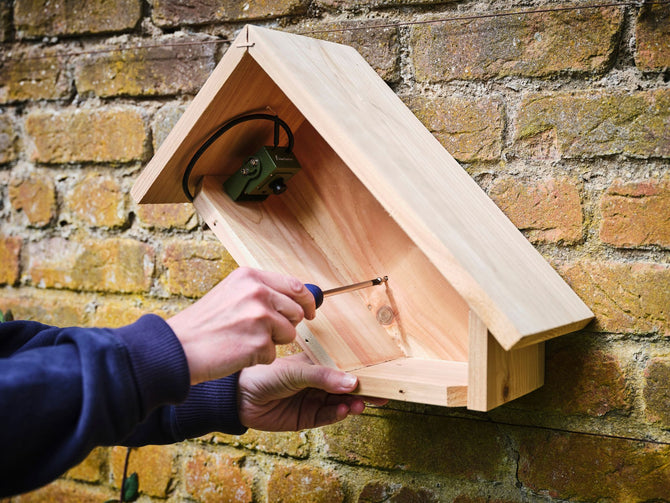
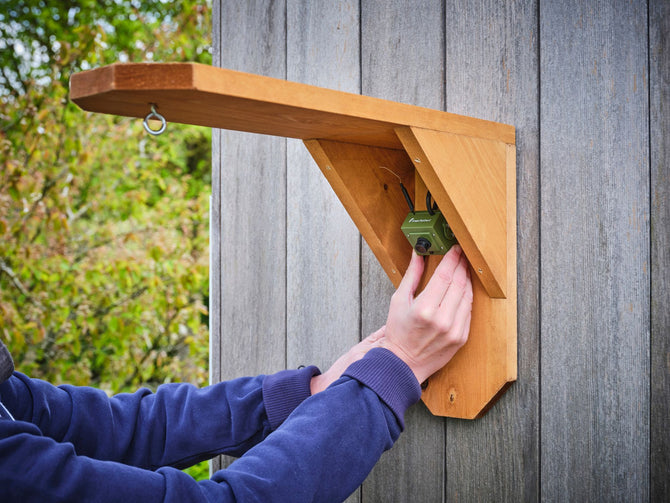
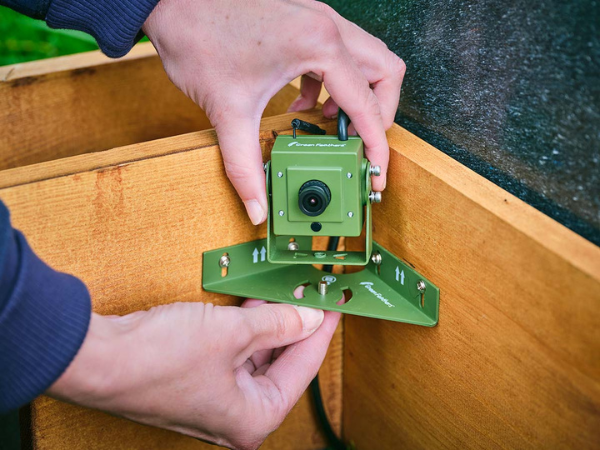

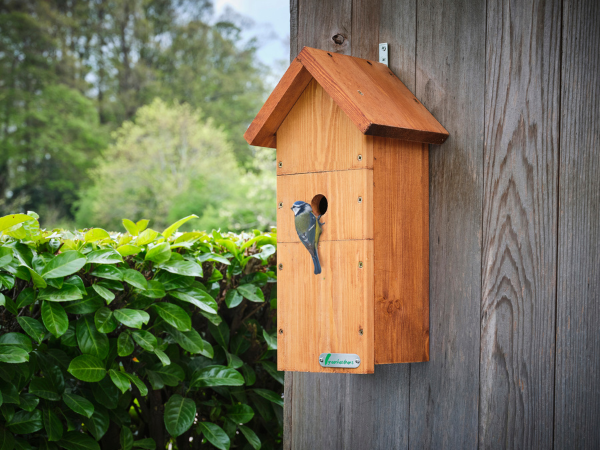
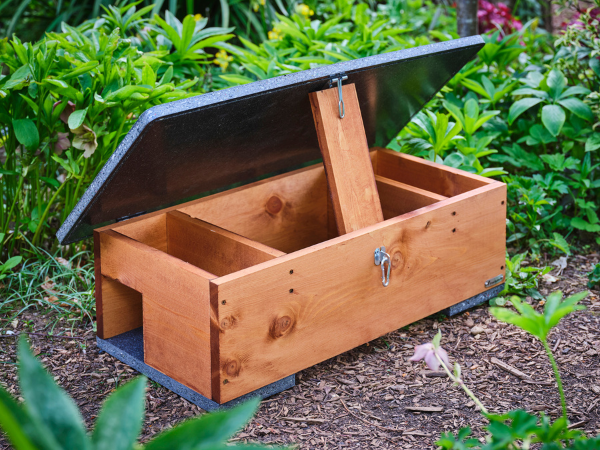
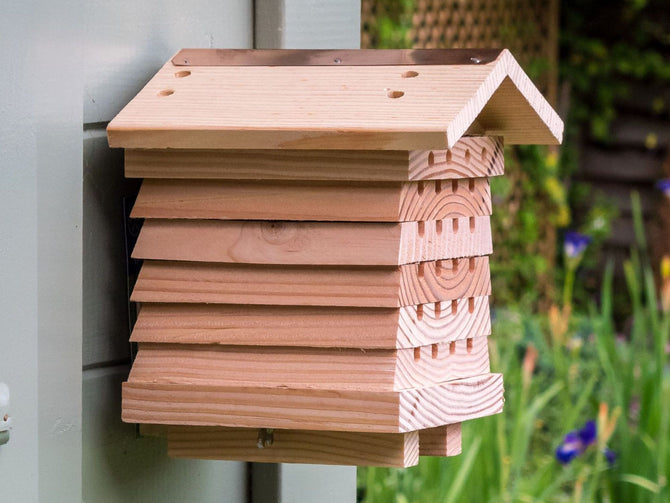
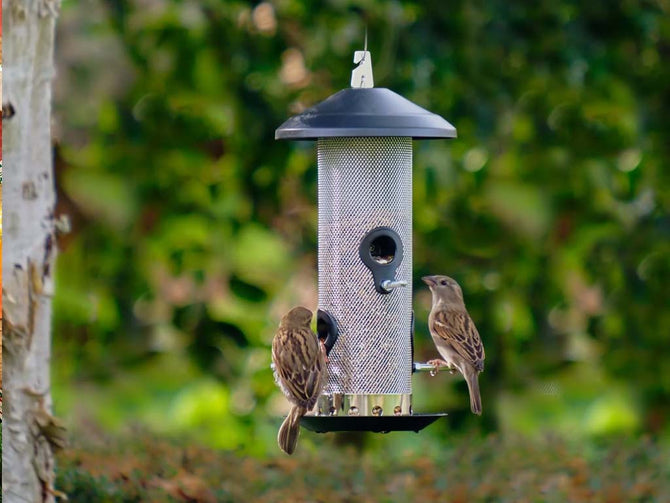
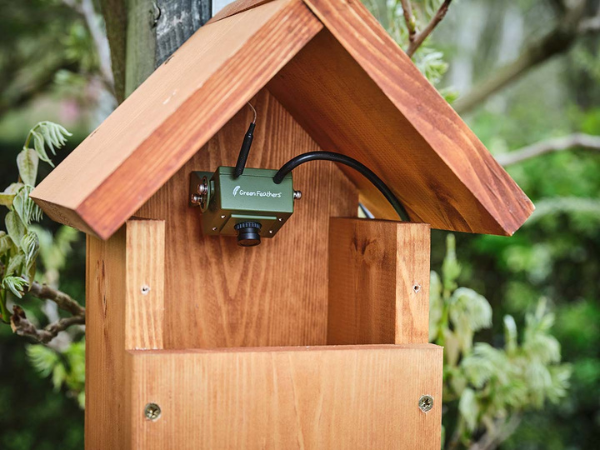
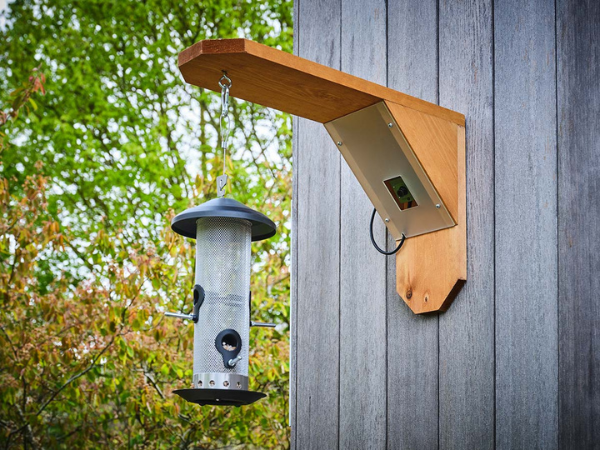
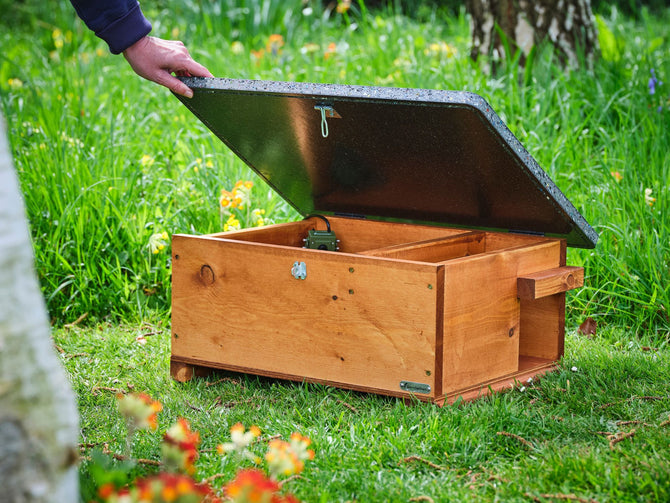


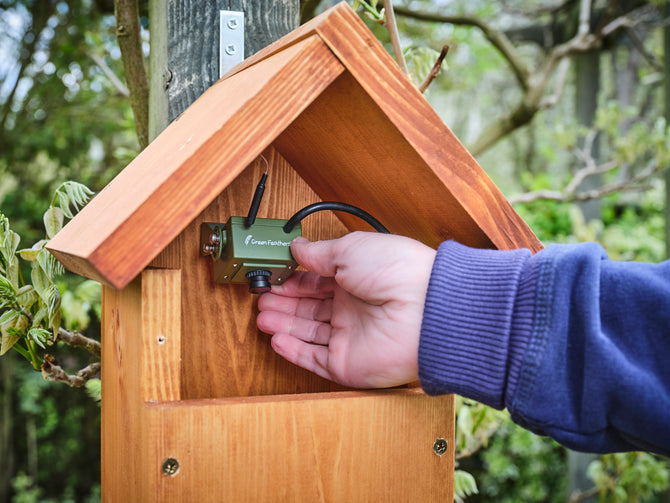
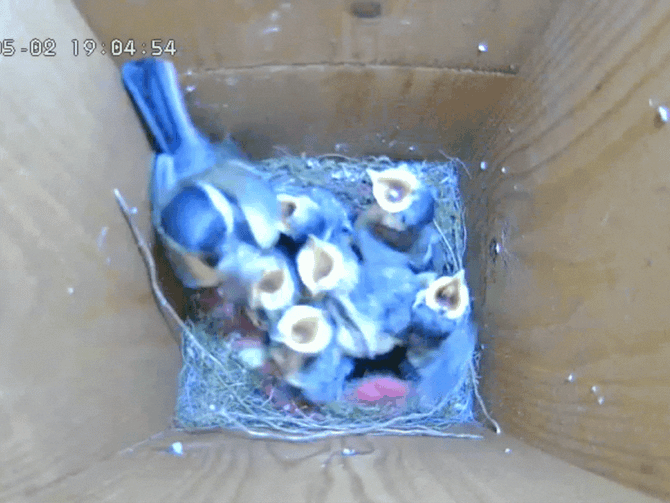
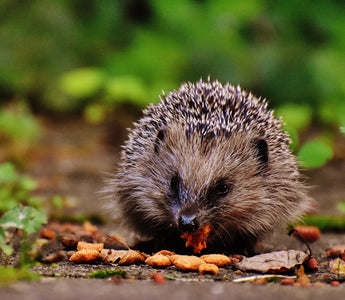






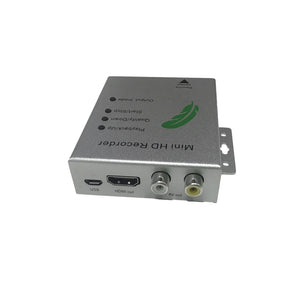

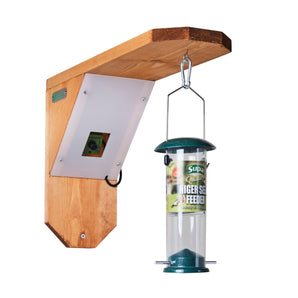
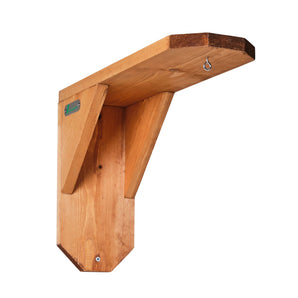
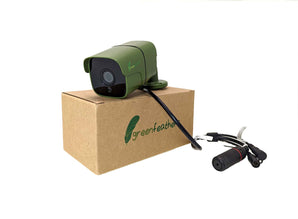
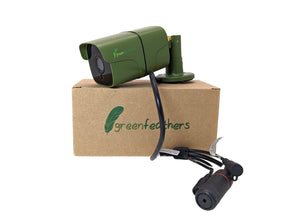
We have just noticed the Hedgehogs back in the garden now the weather is improving, I leave wet mealworms out for our numerous blackbirds, and am trying to avoid the hedgehogs getting these. I think a slightly higher feeding tray may work, although the blackbirds like the ground. Most of the mealworm should be gone before the hedgehogs emerge at night. The rest of the birdfood is in hanging feeders, but not sure if suet pellets are bad for hedgehogs.
I appreciate the fact that you guys put some work and some scientific studies into this, but my hedgehog cannot eat that high quality hedgehog food. I have had my hedgehog for 3 years and in the beginning, we bought him food that costed $15 for hedgehogs made for hedgehogs and he wouldn’t eat it. He is extremely picky and will only eat “market fresh chicken and turkey meal recipe”. Those bags are $7 each last him months before they have to be replaced. I do not know what you say is “cheap cat or dog food” but this is the only thing that he will eat. I have offered him mealworms, fresh fruit and vegetables, and even little pieces of meat. He refuses them all. He will literally starve himself before he puts anything but chicken and turkey cat food in his mouth. It’s very weird, but I’m assuming he’s just very picky as he is a healthy hedgehog and has no other problems. :/ This is just my opinion and from my experience, but I hope this helps someone.
Since seeing a Hedgehog foraging in our street two days ago I have made 13cm square holes in our fences leading into my chemical-free garden. Another hole now leads into my neighbour’s garden which had a large area of grass. I am glad I found this webpage as it has given me sound advuice that contradicts some rubbish I had already read. I have ordered correct foods and created a secure feeding station. I’d rather give them nothing but water rather than put out things like peanuts and sunflower hearts I already have. Thanks for creating such a comprehensive and informed website.
Useful info on food thanks… didn’t know about mealworms and the fact they can have a bit of chicken in tiny pieces. Are dried calcieworms bad for them to?
We are feeding six hedgehogs that are under our shed we feed proper hog food now they are out in the garden in day light why is this we only started with 3 hoglets now we have six and at least 2 adults